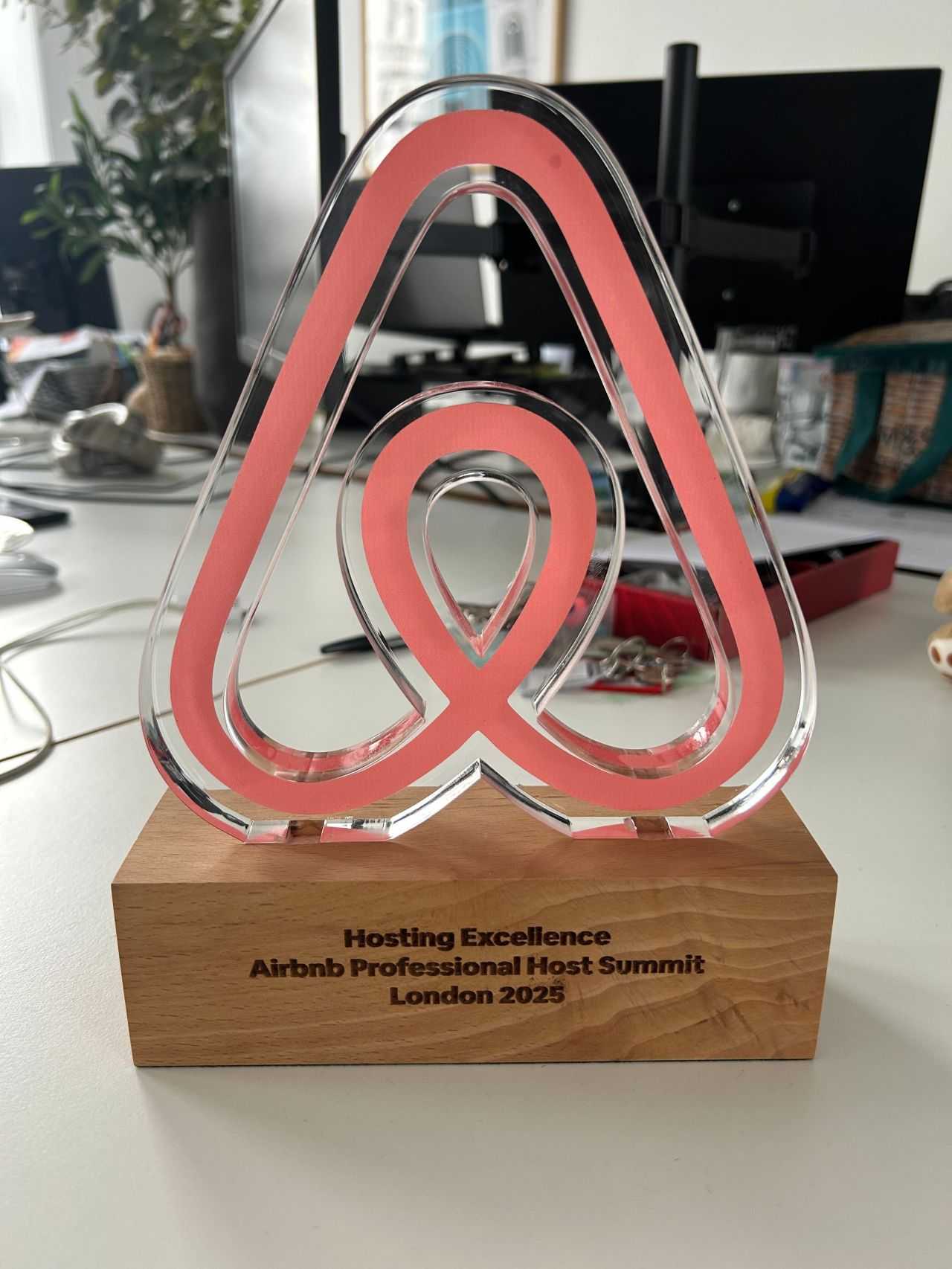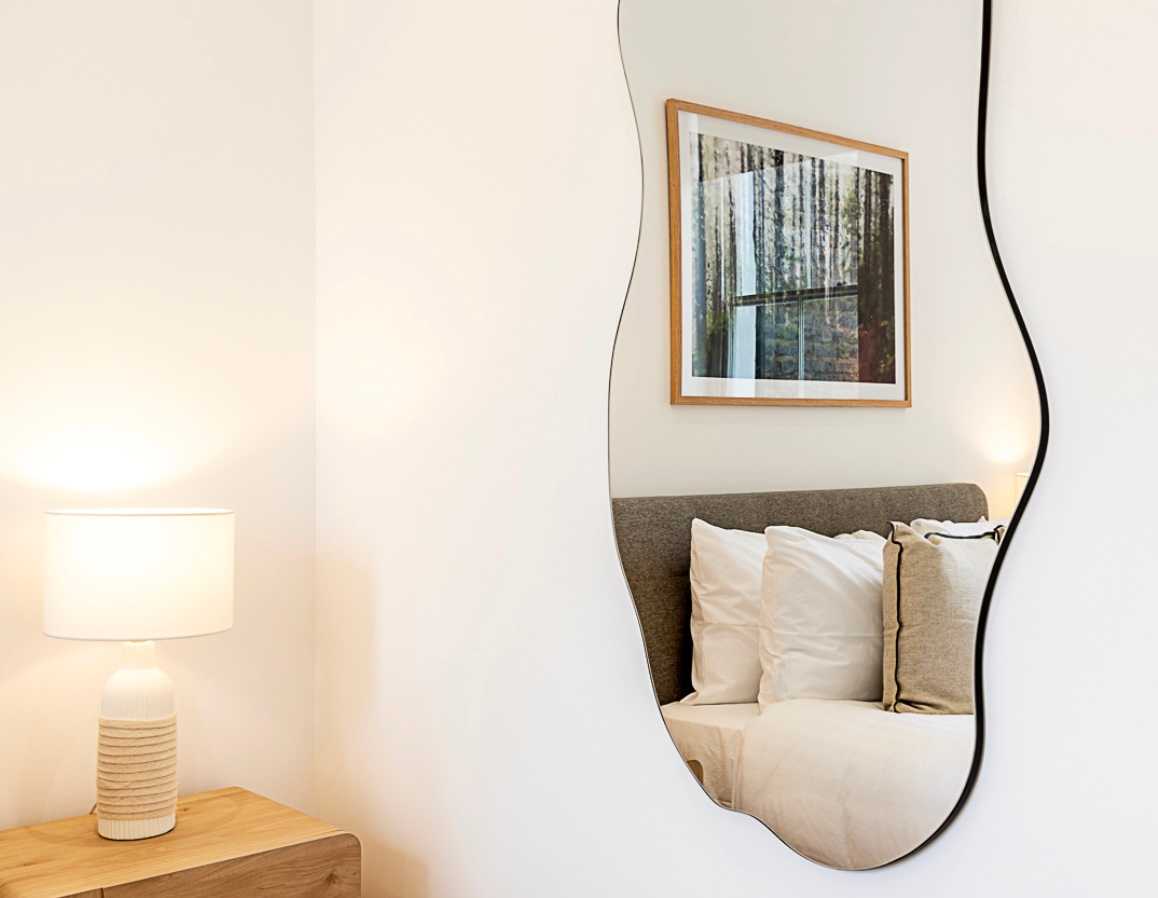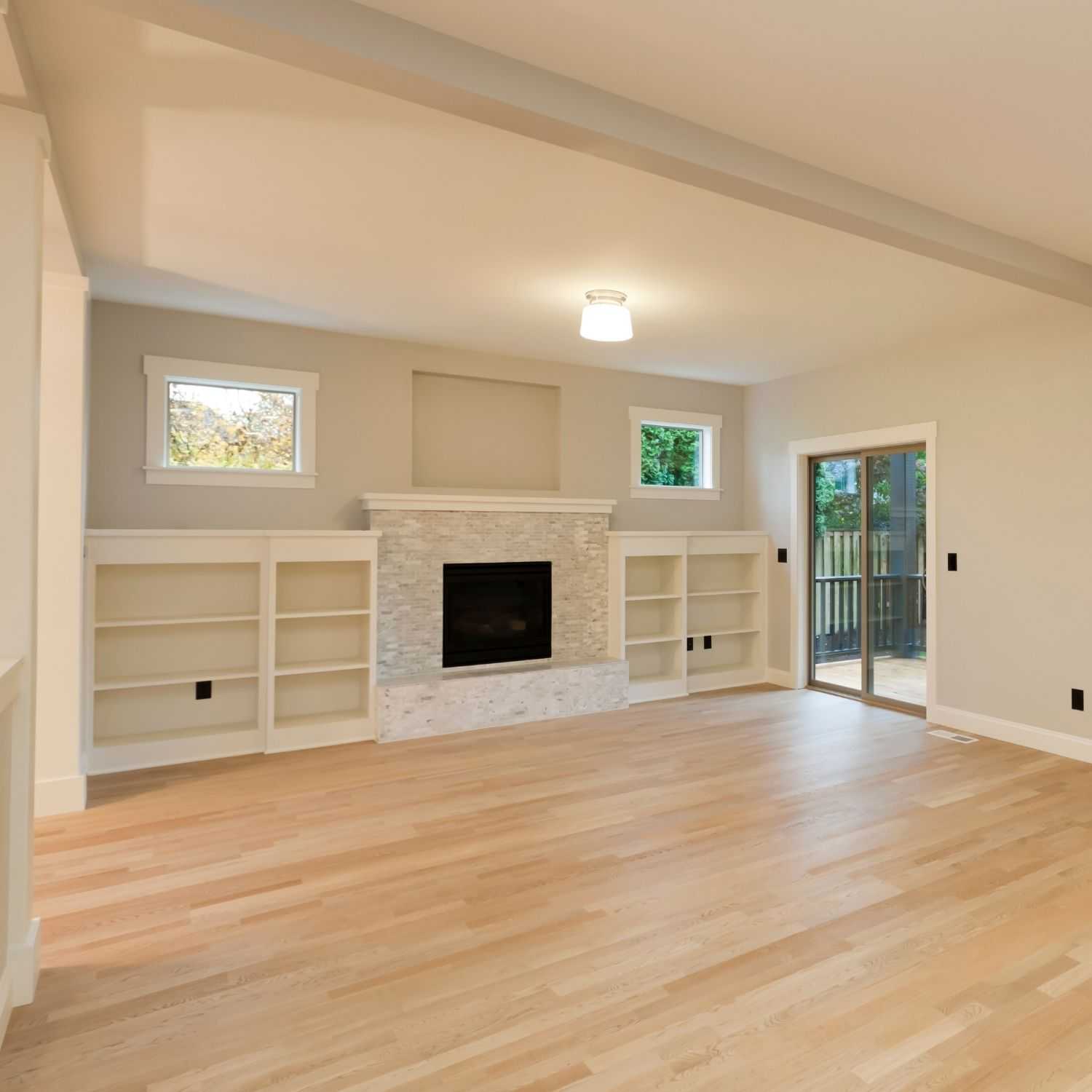Share post:
Vacant properties are real estate assets that aren’t utilised for either personal or business purposes. In the UK, these are referred to as “void” properties or empty housing.
Housing authorities take these vacant properties seriously because they have an impact on the viability of the local community. Empty houses can attract vandals and even informal settlers. Failing to deal with it can compromise the safety and security within the area.
As a property owner, it’ll be in your best interest to avoid leaving your property void for a long time. In case circumstances have left your properties vacant, you need to act on it quickly.
This article will focus on how you can monetise vacant properties so they won’t be left empty for long. You’ll be given tips on how to specifically use flexible letting to tap the potential of your properties and grow your portfolio.
The Truth about Void Properties in London
The Local Government Association revealed that long-term vacant houses have increased by close to 10% in the past five years. In 2022, the figure rose to 1 million void properties – which represents more than 4% of the dwelling spaces in England. This doesn’t even cover those in Wales and Scotland. According to reports, these two areas are also experiencing an increase in void spaces.
In another publication, it’s revealed that 34,327 properties are classified as “long-term vacant” because they’ve been empty for more than 6 months. This is a frustrating problem for housing authorities because a vacant property keeps it from the market and away from potential buyers, tenants, or investors.
The shortage of housing supply has left more than a million people on the council housing waiting list. Not only that, more than a hundred thousand families are forced to stay in temporary shelters as they wait.
This is the reason why vacant properties should be dealt with immediately. The longer a property stays empty, the more it’ll need to be renovated and repaired for it to become habitable again. Sometimes, property owners leave houses vacant because they don’t have the resources to make them ideal for letting.
The question is, what is the best way to keep your properties from being vacant for too long?
The Key to Monetise Vacant Properties
According to statistics, the average vacancy period in the UK is up to 20 days. This reflects the March 2023 data and shows a huge improvement compared to April 2020 which reached 44 days.
But still, there’s a way to shorten the vacancy period of your property to keep it from falling into disrepair because of neglect. This strategy is called flexible letting.
What is Flexible Letting?
This is a letting method that combines the higher earning potential of short lets and the income stability that comes from mid and long lets. It uses data-driven strategies to determine the right letting method to use all year round.
This adaptability ensures that your property will not just enjoy maximum rental income. It can also increase your occupancy rates.
Benefits of Flexible Letting
One of the primary reasons to use flexible letting is the way it helps you adapt to the ever-changing demands of the rental market. When the demand shifts, flexible letting has the agility to optimise your rental income no matter what.
Another reason to use flexible letting is it opens your property to a diverse pool of tenants and guests. By catering to a wider range of occupants, you can minimise the vacancy period of your properties. You can target tourists, business travellers and students.
With a high occupancy rate, you’ll get to enjoy higher rental yields. Here’s how it works. Short-term letting allows you to change a higher rate per night. However, there’s a 90-day rule that limits short lets to 90 days a year. What happens to the property after it reaches 90 days of short letting? Flexible letting allows it to shift to mid-term or long-term letting.
How to Use Flexible Letting to Earn From Void Spaces
Now that you understand why flexible letting is beneficial, how will you apply this strategy to earn from void spaces?
Here are a couple of ideas that multi-property owners and landlords can use.
Short-term Letting
Think about platforms like Airbnb and Booking.com. These are examples of short-term letting strategies that can monetise your vacant properties.
Furnish your property and transform it into a cosy and comfortable home. Take professional photos and a virtual tour of the space then upload it in platforms like Airbnb. This will include your property among the list of London units that guests can rent.
This will keep your property occupied – especially during the peak tourist season in the city.
Shared Spaces
This refers to a letting strategy that rents individual rooms. Instead of letting the whole unit to one guest, you can have multiple guests staying in one unit at one time.
For instance, you have a larger property like a 4-bedroom house. You can get 4 guests to stay in it at the same time. This will allow you to lower the rental price per guest without compromising the income potential of the property.
Co-working Space
Another flexible letting option is to rent your vacant property as a co-working space. This would mean it’ll only be used during the day. All you need to provide are workspaces where people can do their work in peace.
This will attract remote workers, freelancers and other professionals looking for adaptable working arrangements.
It’s another way that you can diversify your letting strategy so you can maximise your income. It’s a better option than leaving your property vacant.
Storage Facility
Some property owners are left with vacant spaces because they don’t have the resources to furnish them for letting. The good news is, there’s still a way to earn from vacant spaces by letting it as a storage facility.
You just have to follow strict rules and standards to be allowed to let your property store items. Among the rules include prohibiting the use of the property as a living space for both humans and animals, storing dangerous materials or perishables, etc.
Get to know the rules in the local area so you’re sure that you’re complying with them.
Benefits of Monetising Vacant Properties
There are several reasons why you should take the risk to monetise your vacant properties through flexible letting.
First of all, you can benefit from the rental income that it brings. Instead of leaving the property empty, you can choose the right strategy and set up a steady stream of income. This income can be used to boost your monthly cash flow. You can also capitalise on this to open more income-generating opportunities that will grow your portfolio.
In addition, your property will have a higher perceived value through flexible letting. After all, an income-generating property looks more valuable compared to an empty property. If you decide to sell the property, you can ask for a higher price if you can show proof of profitability.
Finally, flexible letting will remind you to maintain the property. You have to clean and maintain the property before a new tenant or guest comes in to rent it. This will help you identify any structural damages that require repair. This minimises the risk of damage due to deterioration.
Best Practises when Letting Void Properties
Renting your vacant properties can be a very rewarding endeavour. But it’s not enough that you use flexible letting to maximise the benefits that you can get.
First, you need to know the rules. As mentioned, there are local regulations that surround short-term rentals or storage spaces. Whatever flexible letting strategy you choose, make sure you’re in complete compliance with local rules. It’s your responsibility to be well-informed of the legal requirements to avoid issues and potential penalties.
Not only that, you should have adequate insight into the rental market so you can set a competitive rental price. Do your research and compare prices with similar properties within the area. Your goal is to set a rental price that would make tenants choose you over other properties for rent – without compromising returns.
Last, think about hiring a property management company to help manage vacant properties for letting. To be specific, choose a company that specialises in flexible letting. Their professional insight and expertise will help you maximise your rental profitability without dealing with all the stress that comes with managing properties.
Unravel the Potential of Vacant Spaces
Monetising vacant properties through flexible letting is a strategic move that can grow your portfolio. It requires a forward-thinking approach, adequate market awareness and commitment to adaptability.
While there are several ways to rent your void space, make sure you choose the right strategy that can open lucrative opportunities that’ll boost your cash flow. One way to succeed in this endeavour is by optimising your rental operations and partnering with a reputable property management company.
Talk to an expert to explore strategies to gain a foothold in the London property market through your vacant properties. Contact us so we can talk about your specific goals. Our experts can share the benefits of short-term or long-term letting with you.












